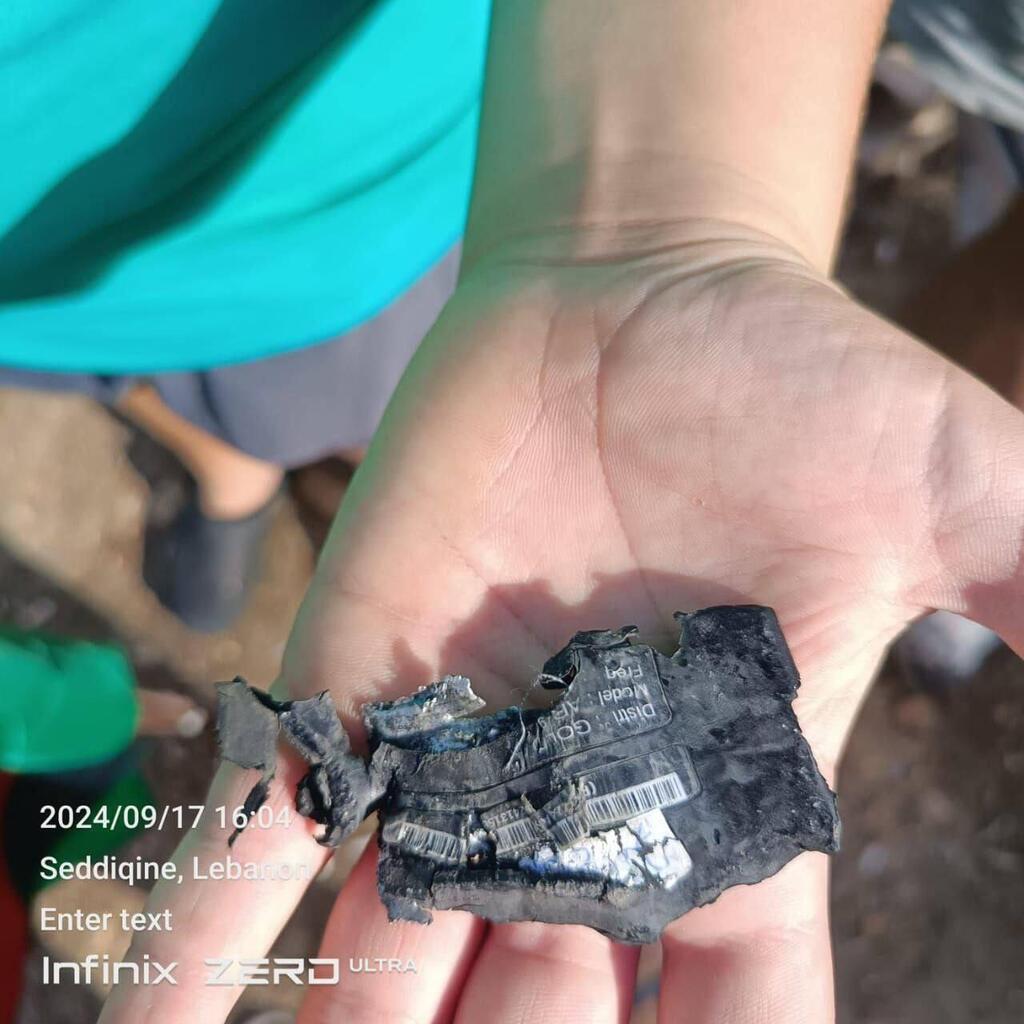Getting your Trinity Audio player ready...
Israel had not initially planned to detonate thousands of pagers in Lebanon, but the operation was carried out after Hezbollah operatives grew suspicious of the devices, Al-Monitor reported Wednesday
Sources indicated that two Hezbollah members questioned the integrity of the pagers, prompting Israel to trigger the explosions as a precautionary measure. The decision was reportedly made at the last minute.
Analysts have raised concerns about why such a valuable asset was used without greater strategic exploitation. The operation, which involved embedding explosives or detonating batteries in thousands of pagers, posed significant risks, with even a single leak potentially compromising the entire mission. This suggests that fears of exposure may have influenced Israel’s decision to act.
The New York Times reported that Israel embedded explosives in communication devices that later detonated in Lebanon and Syria. The devices were allegedly produced by Taiwanese company Gold Apollo. American and other informed sources revealed that over 3,000 pagers were ordered to Lebanon, with explosives hidden inside before their arrival.
Reuters cited a senior Lebanese security source who claimed that the Mossad planted explosives in 5,000 pagers ordered from Taiwan months ago. Of those, 3,000 devices exploded after receiving a coded message that simultaneously activated the explosives. Other sources indicated that the pagers entered Lebanon last spring.
The moment it detonated
According to The Times, the explosive material—around one to two ounces—was placed near the battery of each pager, with a remotely activated switch embedded to trigger the detonation. Most of the pagers were the AP924 model from Gold Apollo, with three additional models included in the shipment.
At 3:30 p.m., a message resembling a directive from Hezbollah leadership was sent to the pagers, activating the explosives. The devices reportedly emitted a beep for several seconds before detonating. Hezbollah had distributed the pagers across Lebanon, Iran and Syria. The exact timeline of the order and delivery remains unclear, though the explosions resulted in Iran’s ambassador to Lebanon, Mojtaba Amani, losing an eye and suffering severe injuries to the other.






